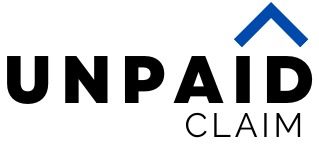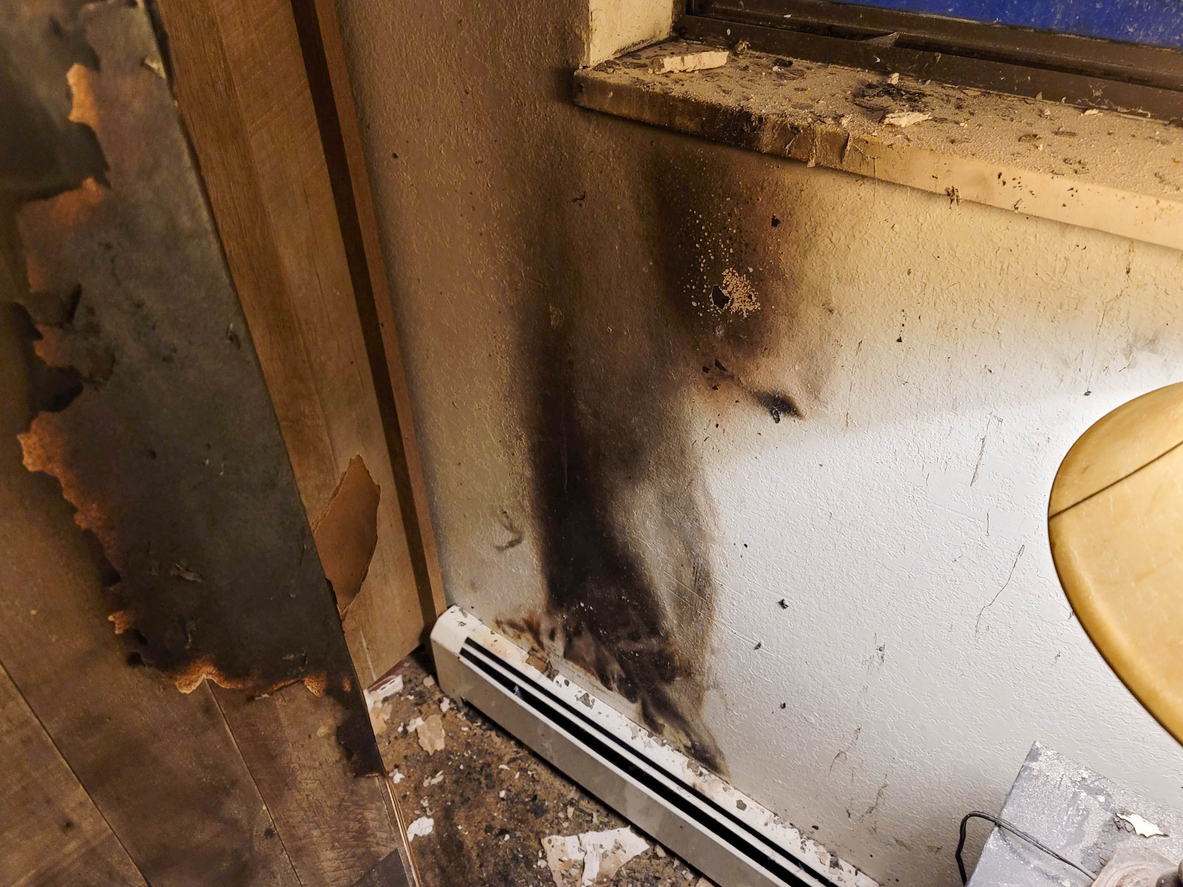Filing a fire damage insurance claim can be a stressful and complex process, especially after the trauma of experiencing a fire in your home. However, homeowners are often surprised to find that their claims are denied for various reasons, leaving them to cover repair costs out of pocket. Understanding why insurance companies deny fire claims and how to avoid these pitfalls is crucial for ensuring you get the compensation you deserve.
In this guide, we’ll explore the top reasons why fire claims are denied and provide actionable steps you can take to avoid common fire insurance claims problems.
1. Inadequate Documentation
One of the most common reasons for a denied fire damage insurance claim is insufficient documentation. When filing a claim, it’s essential to provide detailed proof of the damage and the circumstances surrounding the fire.
How to Avoid This:
- Take photographs and videos: Immediately after the fire, document all damage by taking photographs and videos of the affected areas. This includes structural damage, burned belongings, and any soot or smoke damage.
- Keep receipts: If you’ve made any repairs or purchased replacements, keep all receipts to provide proof of your expenses.
- Fire report: Request a copy of the official fire report from the fire department. This document is often required by insurance companies to verify the cause of the fire.
Proper documentation ensures that your claim has the evidence needed for approval and prevents disputes over the extent of the damage.
2. Failure to Report the Fire Promptly
Delaying your claim can lead to complications, and in some cases, insurance companies may deny your claim if they feel you didn’t act quickly enough. Most policies have a specific time frame in which you must notify the insurer after the event.
How to Avoid This:
- Notify your insurer immediately: As soon as the fire is under control and it’s safe, contact your insurance company to report the incident. Early communication allows the claims process to begin and avoids questions about the timing of your claim.
- Provide an immediate account of the damage: Give your insurer a detailed account of the damage and any necessary emergency repairs you’ve made, such as boarding up windows or securing the home.
By promptly reporting the incident, you avoid issues related to delayed filing.
3. Policy Exclusions
Insurance policies often have exclusions or limitations that can prevent certain types of damage from being covered. For example, some fire policies exclude damage caused by negligence, meaning if the fire was started due to carelessness, your claim could be denied.
Common Exclusions:
- Negligence: If the fire was caused by negligence, such as leaving an open flame unattended, the insurer may refuse to cover the damages. So, does fire insurance cover negligence? In most cases, no.
- Wear and tear: Damage caused by poor maintenance or outdated electrical systems may be excluded.
- Intentional acts: Fires that are intentionally set or caused by criminal activity are typically not covered.
How to Avoid This:
- Review your policy: Before filing a claim, thoroughly review your homeowners insurance policy to understand what is covered and excluded. If necessary, speak with your insurer to clarify any ambiguous language.
- Maintain your home: Ensure that your home’s electrical systems, heating units, and fire safety devices are regularly maintained and up to code.
Understanding your policy’s limitations will help you avoid filing claims for damages that aren’t covered.
4. Disputes Over the Cause of the Fire
Insurance companies often conduct investigations to determine the cause of the fire. If the insurer disputes the cause or suspects foul play, they may deny your claim.
How to Avoid This:
- Work with a professional fire investigator: If the cause of the fire is disputed, you may need to hire a professional fire investigator to provide an independent assessment. This can support your claim and counter any findings from the insurance company’s investigation.
- Provide the fire department’s report: The official report from the fire department will detail the likely cause of the fire, which can serve as supporting evidence in your claim.
Working with professionals ensures that the cause of the fire is properly documented, reducing the chances of a denied claim.
5. Insufficient Coverage Limits
Many homeowners are unaware that their insurance policy’s coverage limits may not be sufficient to cover the full extent of the fire damage. If the cost of repairs exceeds your policy’s limits, you may be responsible for covering the difference.
How to Avoid This:
- Review your coverage limits annually: Ensure that your policy provides enough coverage to rebuild your home and replace your belongings in the event of a total loss. If your coverage is insufficient, consider increasing your policy limits.
- Consider replacement cost coverage: If your policy is based on actual cash value (ACV), it may only cover the depreciated value of your home and belongings. Consider switching to replacement cost coverage, which pays for the full cost to repair or replace damaged items.
Understanding your coverage limits helps ensure you’re not left with unexpected out-of-pocket expenses.
6. Failure to Mitigate Damage
After a fire, homeowners are responsible for preventing further damage to their property. Failure to take immediate action to secure your home may result in your claim being denied.
How to Avoid This:
- Make temporary repairs: After the fire is extinguished, take steps to secure your home and prevent further damage. This could include boarding up windows, covering the roof with tarps, or shutting off utilities.
- Keep records of repairs: Document any emergency repairs you make and keep receipts for materials or labor. These may be reimbursed by your insurance company.
Taking prompt action to mitigate damage shows your insurer that you’re fulfilling your responsibilities as a homeowner.
7. Misrepresentation or Fraud
Any false or misleading information provided during the claims process can result in a denied claim or even legal consequences. This includes exaggerating the extent of the damage or falsifying receipts.
How to Avoid This:
- Be honest and accurate: Provide truthful information when reporting the fire, documenting the damage, and submitting receipts for repairs or replacements.
- Hire a public adjuster: If you’re unsure how to handle your claim, working with a public adjuster can ensure that your claim is handled correctly and avoid any unintentional errors.
Public Adjusters Orlando FL can help guide you through the claims process to ensure everything is properly documented.
8. Disputes Over the Value of the Claim
Even if your fire damage insurance claim is approved, there may be disagreements over the value of the damage. Insurance companies may offer less than what is needed to fully repair or replace your home and belongings.
How to Avoid This:
- Get multiple estimates: Obtain repair estimates from several contractors to compare with the insurance company’s offer.
- Negotiate the settlement: If the payout is lower than expected, don’t hesitate to negotiate with your insurance company. You have the right to challenge their valuation.
- Work with a public adjuster: A public adjuster can help negotiate a fair settlement, ensuring that you receive the full amount needed to restore your property.
For assistance in handling fire damage claims, visit Fire Damage Claim for expert guidance.
Conclusion: Avoiding Fire Insurance Claims Problems
Navigating the complexities of a fire damage insurance claim can be challenging, but by understanding the common reasons for denials and taking proactive steps, you can increase your chances of a successful outcome. Always document damage thoroughly, review your policy carefully, and take immediate action after a fire to secure your home.
If you encounter any challenges with your claim or need assistance, consider working with a public adjuster to ensure that your rights are protected and that you receive the compensation you deserve.
For more information on handling fire claims, explore the resources provided by Residential Claims and Public Adjusters Orlando FL.

